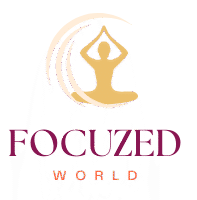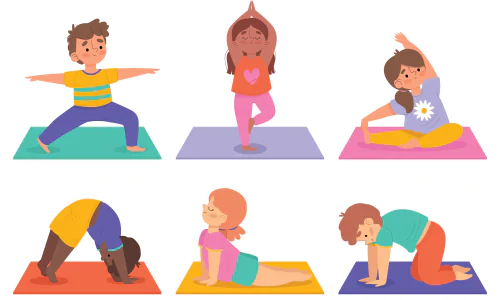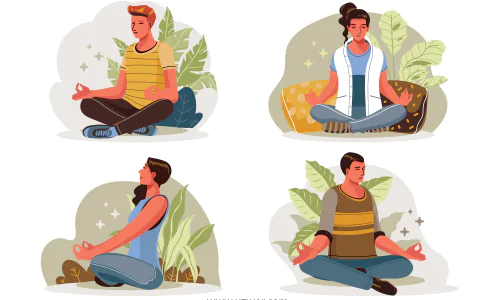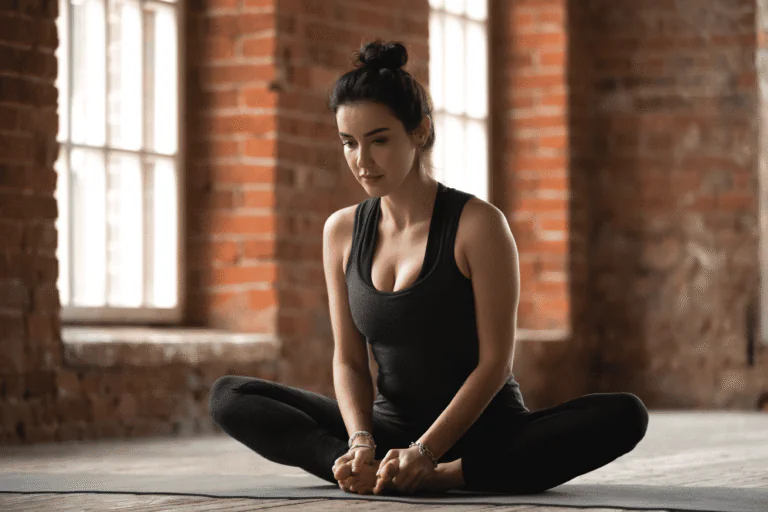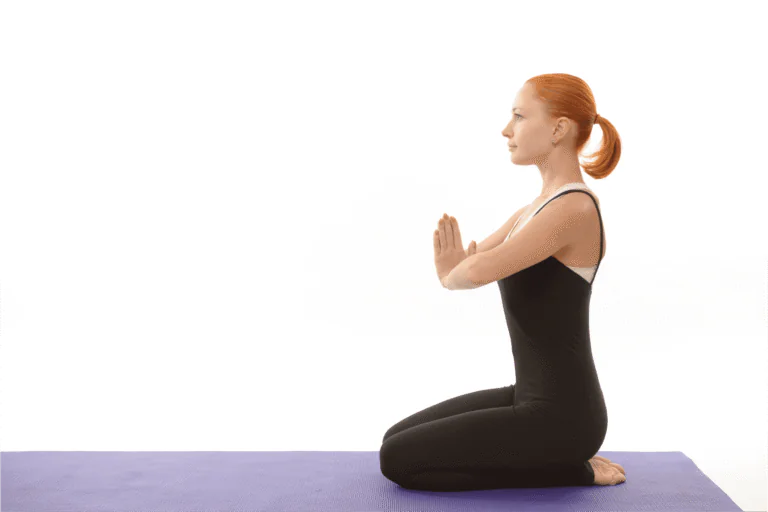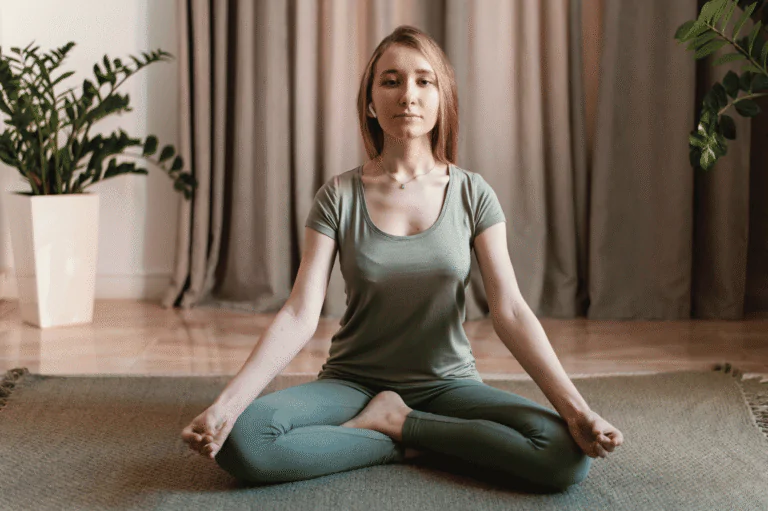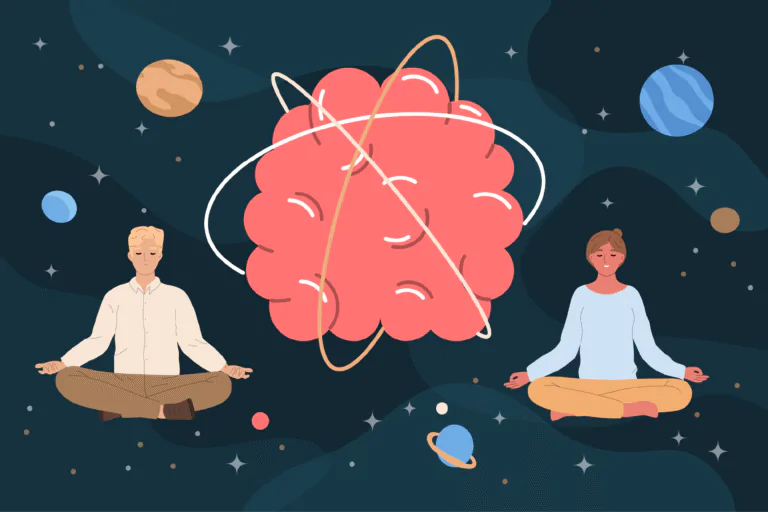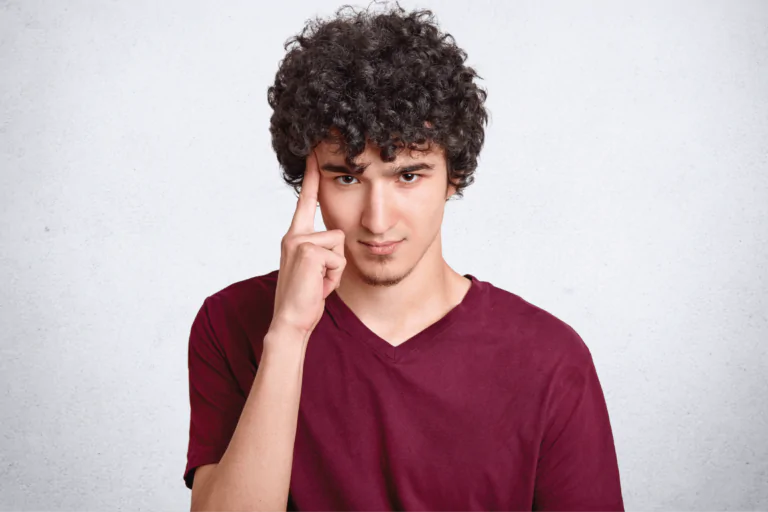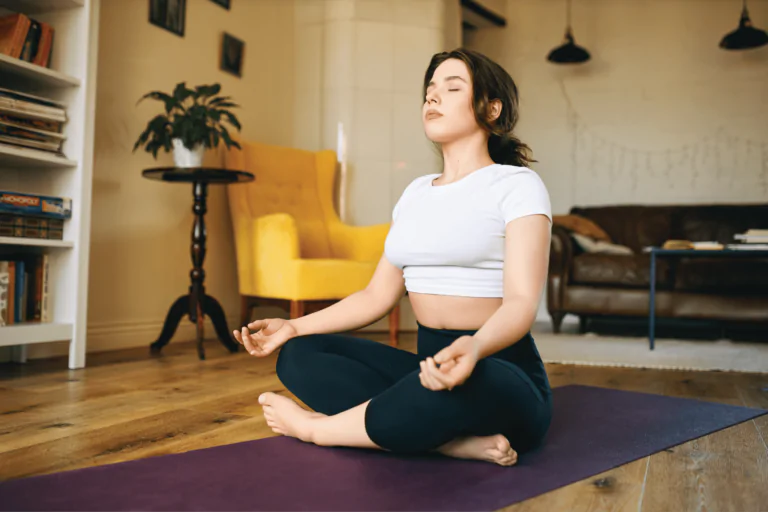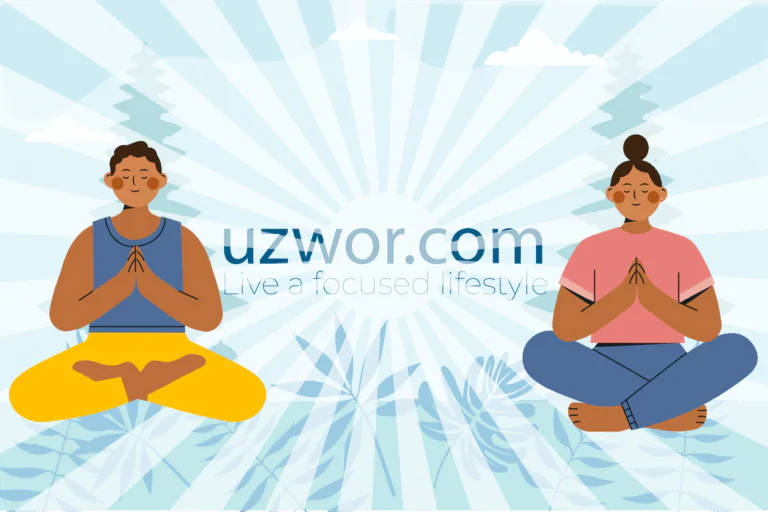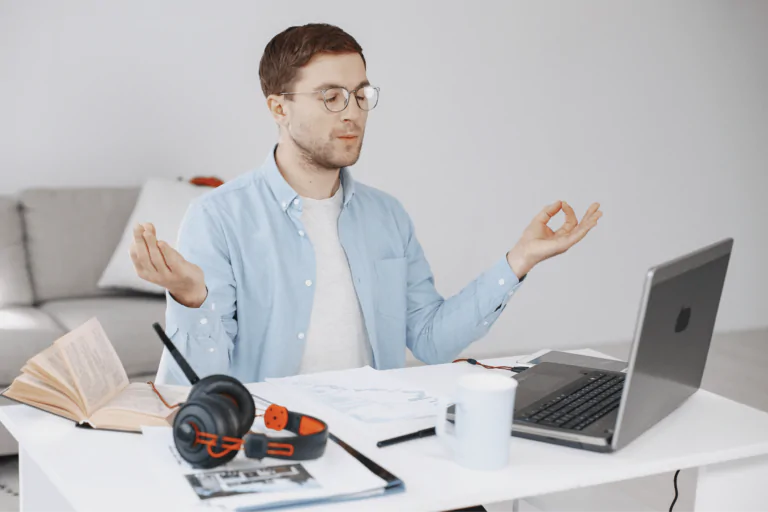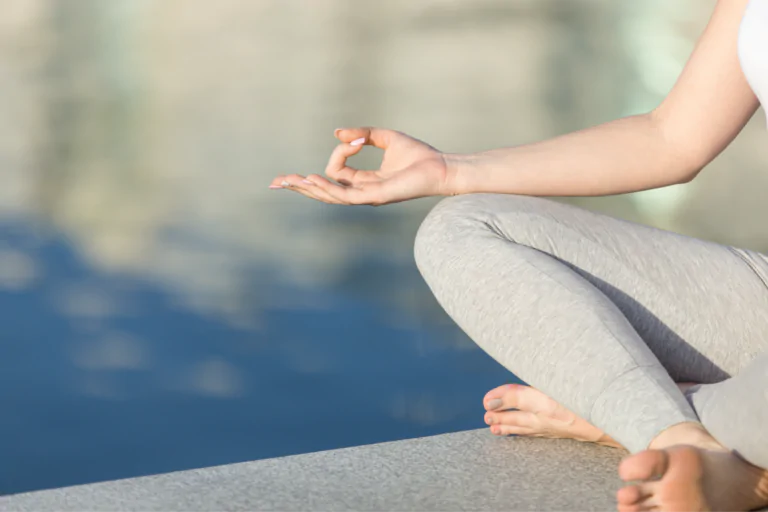Meditation & Mindfulness Blog for Beginners and Beyond
Welcome to Uzwor — your complete meditation blog dedicated to helping you live mindfully. Whether you’re a beginner or an experienced meditator, explore in-depth guides on mindfulness, breathing exercises, meditation for anxiety, focus improvement, and achieving inner peace. Start your journey toward a calmer, more focused life today.
Research suggests that 1 in 4 UK people is facing Stress and anxiety. If you are one of them, don’t […]
By
Why you can’t sleep at night? Not being able to sleep at night takes different forms; for some, it may […]
By
“In the chaos of modern life, anxiety can feel like a constant companion. But what if the solution lies […]
By
What is Bound Angle Pose (Baddha Konasana)? Bound Angle Pose, also known as Baddha Konasana or the Butterfly Pose, is […]
By
Introduction to Hero Pose (Virasana) Hero Pose, or Virasana in Sanskrit, is a seated meditation position that emphasises grounding, stability, […]
By
What is Siddhasana? Siddhasana, also known as the Accomplished Pose, is one of the most traditional meditation positions in yoga. […]
By
Meditation is a practice to increase your cognitive connection with the present moment. Most of the time, our thoughts wander […]
By
Meditation is meant to be a peaceful practice, but if you find yourself caught in a loop of endless thoughts, […]
By
“You should sit in meditation for twenty minutes every day—unless you are too busy. Then you should sit for an […]
By
Have you ever wondered how you drink a glass of water? How do you turn a car at a corner? […]
By
Meditation is a practice to increase your cognitive connection with the present moment. Most of the time, our thoughts wander […]
By
“Meditation is not about stopping thoughts, but recognizing that we are more than our thoughts.” — Eckhart Tolle You sit […]
By
Meditation is a practice to increase your cognitive connection with the present moment. Most of the time, our thoughts wander […]
By
“Do racing thoughts keep you awake at night?” If you find yourself tossing and turning, unable to quiet your mind […]
By
“Have you ever noticed how being in nature instantly makes you feel calm and grounded?” There’s something undeniably soothing about […]
By
Statistics of How many People in the U.S are Affected by Anxiety Anxiety has become the most common mental health […]
By
Meditation is a practice to increase your cognitive connection with the present moment. Most of the time, our thoughts wander […]
By
Mindfulness meditation is often praised for reducing stress and promoting relaxation, but its benefits extend far beyond the obvious. Meditation […]
By
Q1. What is meditation?
Meditation is simply the practice of training your mind to focus and be present. Think of it like giving your mind a workout—but instead of lifting weights, you’re working with your breath, awareness, and attention. It’s about creating a pause in the middle of life’s busyness, a chance to step back from racing thoughts and connect with the present moment.
Q2. What are the benefits of mindfulness meditation?
Mindfulness meditation is like pressing the reset button for your mind and body. It helps reduce stress, lowers anxiety, and improves focus. Over time, it even boosts emotional balance, making it easier to respond to life calmly instead of reacting on impulse. People also notice better sleep, more patience, and a deeper sense of self-awareness. In short, it’s a small daily practice with huge long-term benefits.
Q3. Does meditation help with anxiety?
Yes—many people turn to meditation specifically to ease anxiety. When you meditate, your breath slows down, your nervous system calms, and your body signals that it’s safe to relax. It doesn’t magically erase anxious thoughts, but it gives you the tools to step back, observe them, and not let them take over. Think of it as learning to surf the waves of anxiety instead of getting pulled under.
Q4. What is guided meditation?
Guided meditation is when someone (often a teacher or an audio recording) leads you through the meditation process. Instead of sitting in silence on your own, you’ll hear gentle instructions—like when to breathe deeply, what to visualize, or how to bring your attention back when your mind wanders. It’s especially helpful for beginners because you don’t have to figure everything out alone—you just follow along.
Q5. What does meditation do to the brain?
Meditation literally reshapes your brain. Science shows that regular practice strengthens areas linked to focus, memory, and emotional regulation, while reducing activity in regions tied to stress and fear. Over time, your brain becomes better at staying calm, present, and less reactive. It’s like rewiring your mind for clarity and balance.
Q6. How to start meditation for beginners?
Start simple. You don’t need a special cushion, incense, or hours of silence. Just find a quiet spot, sit comfortably, and close your eyes. Begin by focusing on your breath—notice the inhale, notice the exhale. Even 5 minutes a day is enough to begin. The goal isn’t to stop your thoughts; it’s to notice them and gently return to your breath whenever your mind drifts. With practice, it gets easier.
Q7. Why is meditation important?
Meditation is important because it teaches us something we often forget—how to slow down. In a world that’s always rushing, meditation brings balance, peace, and clarity. It supports mental health, strengthens focus, and even improves relationships by helping you stay present with others. Ultimately, meditation is important because it connects you back to yourself.
Q8. How does meditation change the brain?
Meditation changes the brain by strengthening neural pathways that support calmness, focus, and emotional stability. Studies show that long-term meditators actually have more gray matter in areas linked to memory and self-awareness. At the same time, regions associated with stress responses shrink. In other words, meditation literally trains your brain to handle life’s challenges with more ease.
